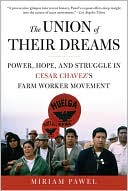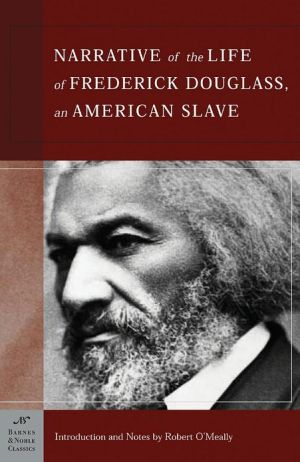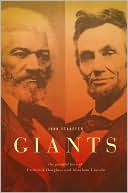The Union of Their Dreams: Power, Hope, and Struggle in Cesar Chavez's Farm Worker Movement
Search in google:
The rise, fall, and legacy of the inspirational United Farm Workers movement, and the untold story of iconic community organizer Cesar Chavez. A generation of Americans came of age boycotting grapes, swept up in a movement that vanquished California’s most powerful industry and accomplished the unthinkable: dignity and contracts for farm workers. Four decades later, Cesar Chavez’s likeness graces postage stamps, and dozens of schools and streets have been renamed in his honor. But the real story of Chavez’s farm workers’ movement—both its historic triumphs and its tragic disintegration—has remained buried beneath the hagiography. Drawing on a rich trove of original documents, tapes, and interviews, Miriam Pawel chronicles the rise of the UFW during the heady days of civil rights struggles, the antiwar movement, and student activism in the 1960s and ’70s. From the fields, the churches, and the classrooms, hundreds were drawn to la causa by the charismatic Chavez, a brilliant risk-taker who mobilized popular support for a noble cause. But as Miriam Pawel shows, the UFW was ripped apart by the same man who built it, as Chavez proved unable to make the transition from movement icon to union leader. Pawel traces the lives of several key members of the crusade, using their stories to weave together a powerful portrait of a movement and the people who made it. A tour de force of reporting and a spellbinding narrative, The Union of Their Dreams explores an important and untold chapter in the history of labor, civil rights, and immigration in modern America. Library Journal Pawel (former reporter, Newsday) has written a well-integrated and illuminating history of Cesar Chavez's United Farm Workers Union (UFCW) and the related struggle for civil rights. She tells the bottom-up history of the UFCW through the eyes of eight activists whom she interviewed—including a Protestant minister, ordinary farmworkers, and radical lawyers—who devoted years of their lives to Cesar Chavez and his vision. The author thus captures the heady days of early organizing, starting in 1965; Chavez's failure to create a self-sustaining union from the movement that he regarded as his alone; and the ultimate departure of many activists when they became disillusioned with Chavez's leadership. VERDICT This work recognizes Chavez's organizing talents, his personal charisma, and his all-too-human belief that he was the union. Thus, it is a valuable addition to the story of Chavez and the UFCW. Recommended primarily to students of labor and Chicano history, although general readers interested in the changes wrought during the 1960s may well like it, too.—Duncan Stewart, Univ. of Iowa, Iowa City








